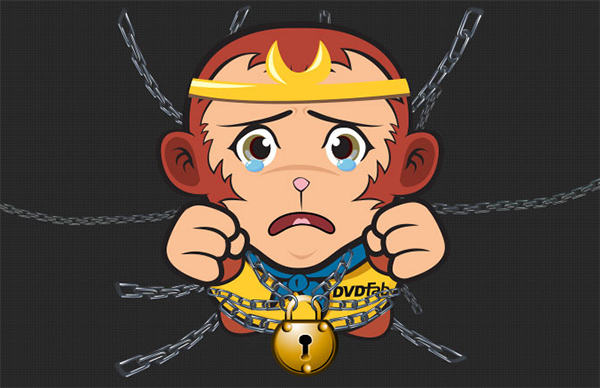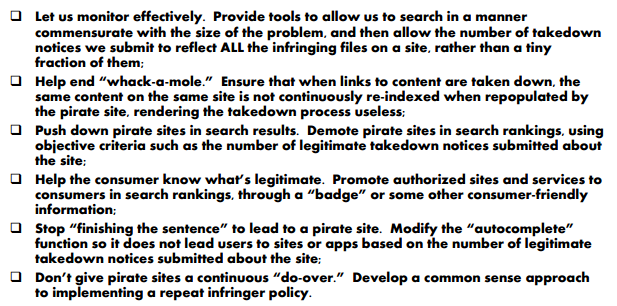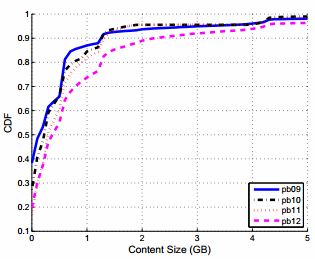Popcorn Time Shuts Down, Then Gets Resurrected by YTS (YIFY)
samedi 15 mars 2014 à 09:51 Last Saturday TF reported on the now-controversial torrent streaming app Popcorn Time, a piece that was followed by dozens of mainstream articles in the week that followed. It quickly became evident that this software had broken new ground with its beauty and simplicity.
Last Saturday TF reported on the now-controversial torrent streaming app Popcorn Time, a piece that was followed by dozens of mainstream articles in the week that followed. It quickly became evident that this software had broken new ground with its beauty and simplicity.
Unsurprisingly, the first signs of trouble were not far away. During the middle of the week the software was removed from Mega.co.nz. It’s still unclear if that action was taken by Mega under its own steam or after it was prompted by Hollywood, but with the Popcorn Time developers confirming they had nothing to do with it, one or the other must be to blame.
But after a stormy week, with the software receiving critical acclaim, last night the veils were being drawn over the project. In a long announcement on the tool’s website, the Popcorn Time team confirmed they were stepping down.
“Popcorn Time is shutting down today. Not because we ran out of energy, commitment, focus or allies. But because we need to move on with our lives,” the team explained.
“Our experiment has put us at the doors of endless debates about piracy and copyright, legal threats and the shady machinery that makes us feel in danger for doing what we love. And that’s not a battle we want a place in.”
The Argentina-based team added that piracy is not a people problem, it’s one based around service created by an industry that “portrays innovation as a threat to their antique recipe to collect value.”
But just as another flood of articles hit the mainstream press, each waving goodbye to Popcorn Time before moving on to something else, there’s important news yet to report.
Popcorn Time is not dead and will live on, seamlessly.
 Speaking with TorrentFreak, YTS (formerly YIFY-Torrents) developer Jduncanator has confirmed that Popcorn Time will not die with the withdrawal of its founding team. Instead, YTS will pick up the baton and run.
Speaking with TorrentFreak, YTS (formerly YIFY-Torrents) developer Jduncanator has confirmed that Popcorn Time will not die with the withdrawal of its founding team. Instead, YTS will pick up the baton and run.
“The YTS team will now be picking up the Popcorn Time project and continuing on like previously. We are in a better position copyright wise as for us, because it’s build on our API, it’s as if we have built another interface to our website. We are no worse off managing the project than we would be just supplying the movies,” the dev explains.
“It’s our vision at YTS that we see through projects like these and that just because they create a little stir in the public, it doesn’t mean they are shut down. That stir is exactly what the public needs and it’s already evident that people are becoming more aware of copyright-related issues.”
The project, which can now be found here, is open to all former developers who will be given contributor access upon request. The Popcorn Time installer will be made available shortly.
UPDATE: Since our interview with the YTS developer, YTS have given us a new statement which effectively distances them from the Popcorn Time project.
“Popcorn Time is a community driven project, not owned nor maintained by a single person or entity,” the site said.
Source: TorrentFreak, for the latest info on copyright, file-sharing and VPN services.

 Despite DVDFab never appearing on the “rogue” list, that company was targeted first, something that has clearly unsettled Aiseesoft. As reported by a Myce user, this week following the DVDFab ruling the company began sending out emails to its users,
Despite DVDFab never appearing on the “rogue” list, that company was targeted first, something that has clearly unsettled Aiseesoft. As reported by a Myce user, this week following the DVDFab ruling the company began sending out emails to its users, 




